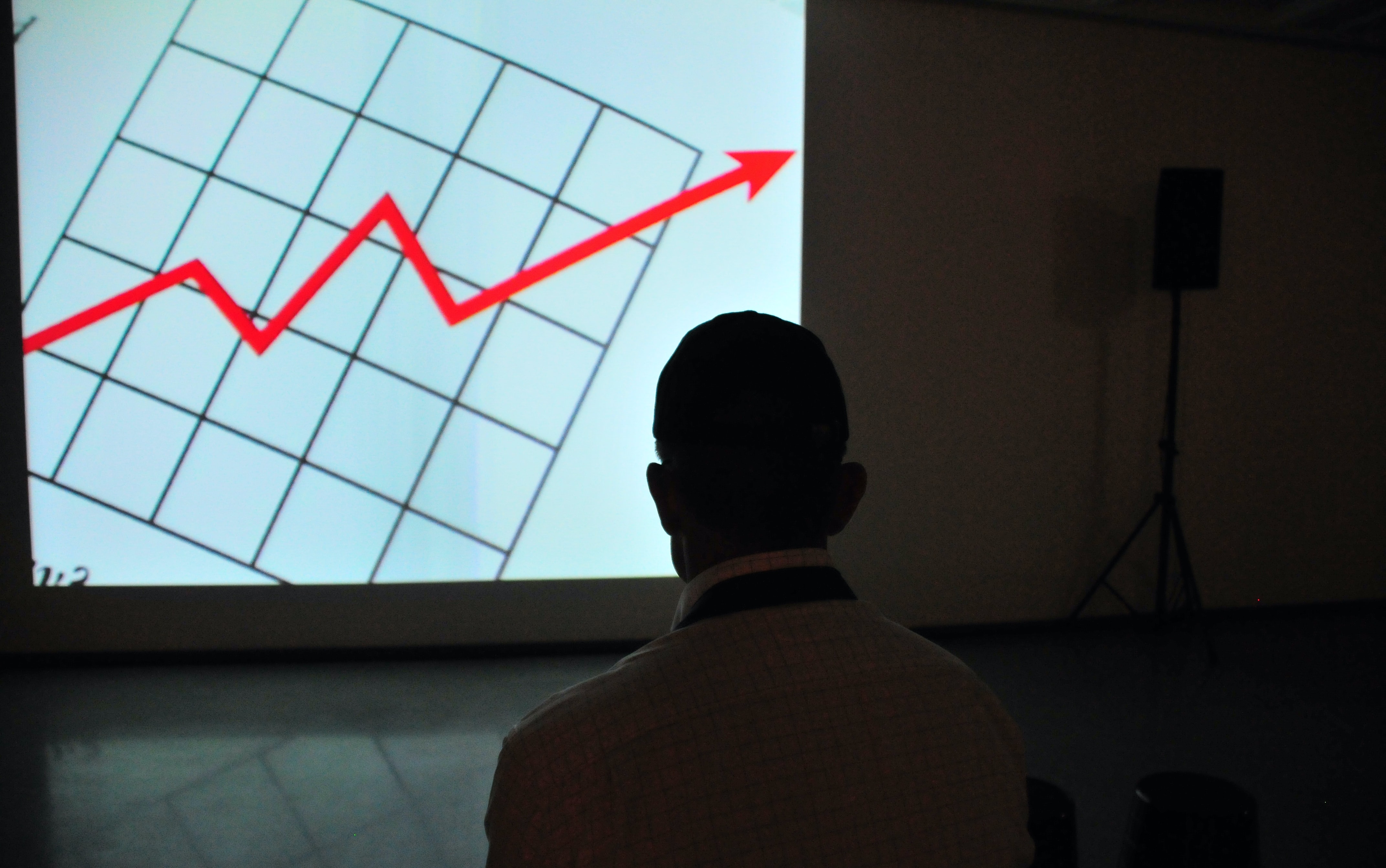EQUITIES
Shares in the Asia-Pacific rose on Tuesday trade. The Nikkei 225 in Japan gained 1%, while the South Korea’s KOSPI increased 1.66%. The Australia’s S&P/ASX 200 was 0.44% higher, and Hong Kong’s Hang Seng index pared earlier gains to rise 0.14%.
Mainland China markets bucked the trend, as the Shanghai Composite slipped 0.75%.
U.S. markets were closed overnight for a holiday.
OIL
Oil prices were mixed on Tuesday, as investors weighted supply concerns, highlighted by a potential production cut in Norway, unrest in Libya and sanctions on Russia against worries about a possible global recession curtailing fuel demand.
Norwegian offshore workers on Tuesday began a strike that is expected to disrupt oil and gas output by 89,000 barrels of oil equivalent per day (boepd), of which gas output makes up 27,500 boepd.
Data showing improving activity in the services sectors of the economies of Japan and China, among the world's biggest oil importers, provided some support for prices.
Brent crude futures for September settlement edged down 0.38% to $113.37 a barrel after a 2.4% gain on Monday.
U.S. WTI crude climbed $1.61 to $110.11 a barrel, from Friday's close. There was no settlement for WTI on Monday because of the Independence Day public holiday in the U.S.
CURRENCIES
The U.S. dollar index, which tracks the greenback against a basket of its peers, was steady at 105.148, still broadly supported by its safe-haven credentials. On Friday, it rose as high as 105.64, threatening the two-decade peak of 105.79 reached in mid-June.
The U.S. treasury yields returned from the holiday slightly higher, with the yield on benchmark 10-year notes at 2.963% but failing push back above the symbolic 3% level.
There was no trading in Treasuries on Monday, with U.S. markets closed for the Fourth of July holiday, which also lightened volumes in currency markets.
GOLD
Gold prices were largely unchanged on Tuesday as investors stayed away due to a softening inflation outlook and impending interest rate hikes from top central banks.
Spot gold was flat at $1,809.45 per ounce and U.S. gold futures rose 0.5% to $1,809.90.
Spot silver gained 0.7% to $20.09 per ounce, while platinum fell 0.3% to $883.39. Palladium firmed 0.1% to $1,924.60. Copper prices dropped to a fresh 17-month low.
ECONOMIC OUTLOOK
Asian shares inched up on Tuesday, but persistent fears about a global recession and sky-high inflation kept most buyers at bay. Hints of easing Sino-U.S. tensions offered some respite to the recent sell-offs.
U.S. president Joe Biden reportedly was leaning towards a decision on easing tariffs on goods from China. U.S. Treasury Secretary Janet Yellen and China’s Vice Premier Liu He also has held a virtual call on Tuesday to discuss macroeconomic issues.
A survey showing China's services activity at the fastest pace in almost a year also helped sentiment. According to the Caixin services PMI index, it rose to 54.5 in June compared to 41.4 in May, snapped three months of decline and grew at the fastest rate in almost a year as COVID-19 measures were eased. The final au Jibun Bank Japan PMI also showed the fastest pace of expansion since October 2013. The final au Jibun Bank Japan Services PMI rose to 54, compared to 52.6 in May.
Elsewhere in the region, Interest rate hikes loom in Australia and in South Korea as authorities try to tamp down inflation.
South Korean data released Tuesday showed the CPI in June rose 6% compared with the same period a year ago. That is slightly higher than the expected 5.9% increase and the fastest annual rise since November 1998, adding to concerns of slowing economic growth and oil demand.
The Reserve Bank of Australia meanwhile raised interest rates by 50 basis points to 1.35% today as predicted. The Australian dollar fell after the RBA decision was announced, and last traded at $0.6857.
Looking ahead, U.S. data on employment and inflation will give investors a snapshot of the economy after 150 basis points of rate increases already delivered by the Fed. A disappointing jobs report could exacerbate concerns of a potential recession.













